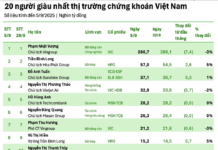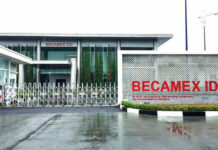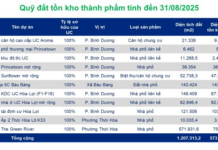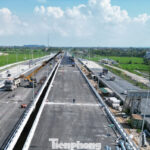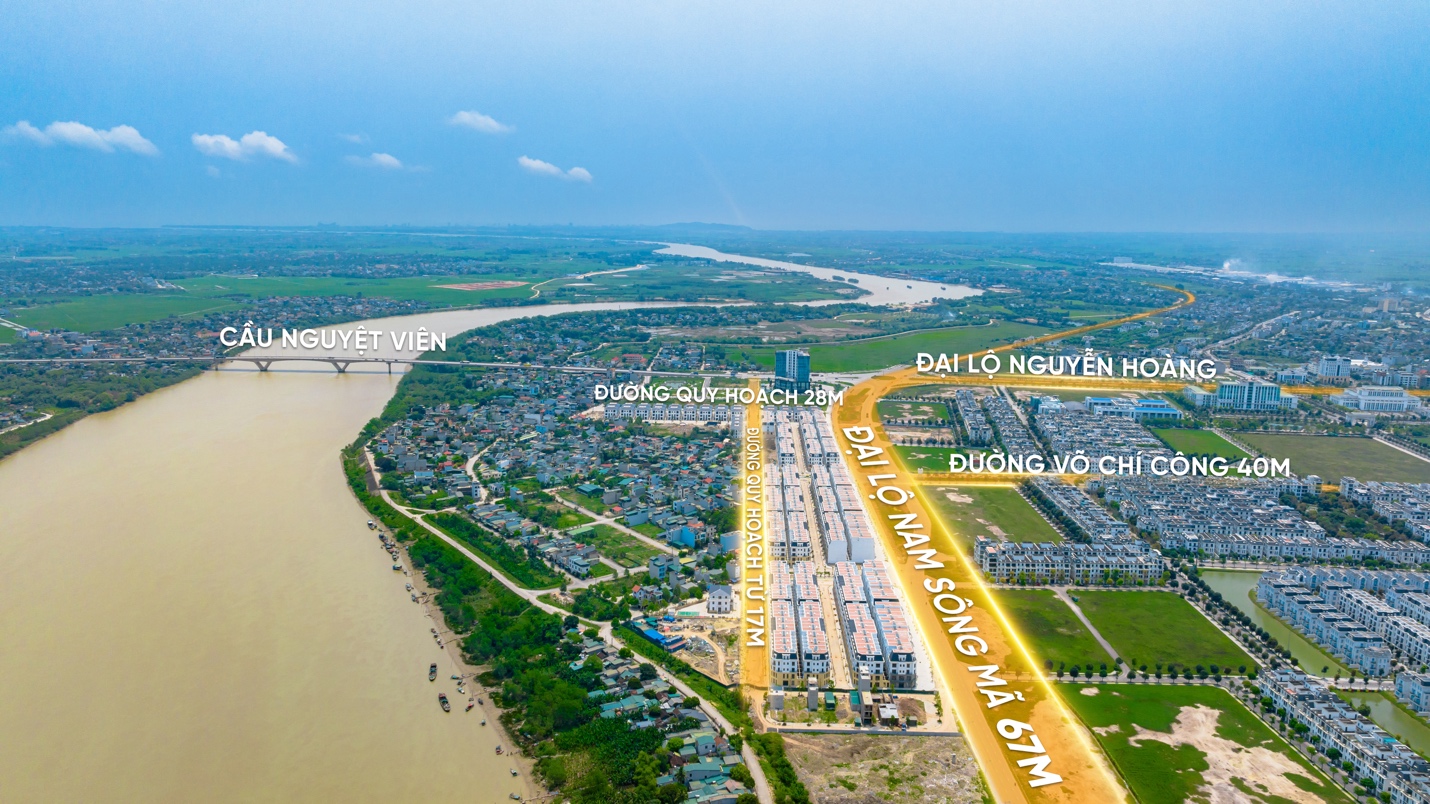**Strong Growth in Land Revenue**
Ho Chi Minh City’s Department of Natural Resources and Environment has reported significant achievements in land management for 2024, with a focus on economic and social development. The department played a crucial role in crucial tasks, including presenting critical land acquisition projects to the People’s Council for approval. They also proposed land-use conversions for households and individuals in planned residential areas, resolving issues for state-owned enterprises, and addressing challenges in various inspected and investigated projects.
 As of December 18, 2024, land-related revenue in Ho Chi Minh City reached an impressive VND 25,305 billion.
|
The department successfully advised on adjustments to land prices in accordance with the 2024 Land Law. They also developed plans for specific land price determinations and offered solutions to challenges, thereby increasing land-related revenue. Additionally, they presented unique policies on compensation, support, and resettlement for land acquisition projects, including those along channels and critical projects like the Bac Kenh Doi and Rach Xuyen Tam projects.
According to the department, land-related revenue in Ho Chi Minh City reached nearly VND 25,305 billion as of December 18, 2024, a substantial increase of over VND 8,062 billion compared to 2023. This includes VND 9,654 billion from land use fees, a 64.7% increase, and VND 5,957 billion from land and water rentals, a 17% rise.
**5,789 Land Certificates Issued**
In 2024, the department’s efforts in issuing land-use certificates were noteworthy. They operated a land database, ensuring data cleanliness and establishing electronic information exchange protocols between tax and land registration authorities.
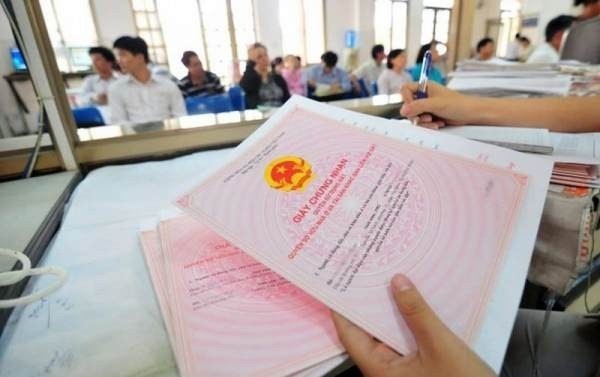
The department issued 5,789 land certificates to organizations and individuals during the year. |
A total of 5,789 initial land certificates were granted to organizations and individuals. Moreover, they registered changes in land ownership, issuing over 367,573 certificates to organizations and individuals. The department also advised on establishing a task force to address issues related to land-use certificates and ownership of houses and other assets attached to land in commercial housing development projects, ensuring compliance with legal requirements.
The comprehensive plan comprises four key components: defining objectives and requirements for resolving land certificate issues, assessing the situation and challenges in commercial housing projects, identifying and addressing bottlenecks, and enhancing human resources and infrastructure to improve efficiency in handling applications.
Duy Quang












